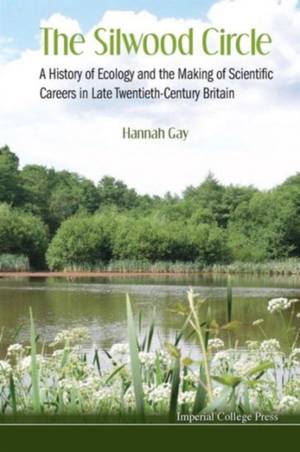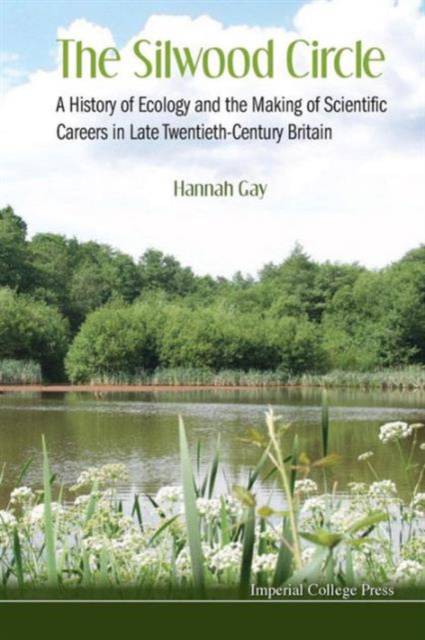
En raison d'une grêve chez bpost, votre commande pourrait être retardée. Vous avez besoin d’un livre rapidement ? Nos magasins vous accueillent à bras ouverts !
- Retrait gratuit dans votre magasin Club
- 7.000.000 titres dans notre catalogue
- Payer en toute sécurité
- Toujours un magasin près de chez vous
En raison de la grêve chez bpost, votre commande pourrait être retardée. Vous avez besoin d’un livre rapidement ? Nos magasins vous accueillent à bras ouverts !
- Retrait gratuit dans votre magasin Club
- 7.000.0000 titres dans notre catalogue
- Payer en toute sécurité
- Toujours un magasin près de chez vous
Silwood Circle, The: A History of Ecology and the Making of Scientific Careers in Late Twentieth-Century Britain
Hannah Gay
Livre broché | Anglais
59,95 €
+ 119 points
Format
Description
This is an original and wide-ranging account of the careers of a close-knit group of highly influential ecologists working in Britain from the late 1960s onwards. The book can also be read as a history of some recent developments in ecology. One of the group, Robert May, is a past president of the Royal Society, and the author of what many see as the most important treatise in theoretical ecology of the later twentieth century. That the group flourished was due not only to May's intellectual leadership, but also to the guiding hand of T. R. E. Southwood. Southwood ended his career as Linacre Professor of Zoology at the University of Oxford, where he also served a term as Vice-Chancellor. Earlier, as a professor and director of the Silwood Park campus of Imperial College London, he brought the group together. Since it began to coalesce at Silwood it has been named here the Silwood Circle. Southwood promoted the interests of its members with the larger aim of raising the profile of ecological and environmental science in Britain. Given public anxiety over the environment and the loss of ecosystems, his actions were well-timed.Ecology, which had been on the scientific margins in the first half of the twentieth century, came to be viewed as a science central to modern existence. The book illustrates its importance to many areas. Members of the Silwood Circle have acted as government advisors in the areas of conservation and biodiversity, resource management, pest control, food policy, genetically modified crops, sustainable agriculture, international development, defence against biological weapons, and epidemiology and infectious disease control. In recounting the science they carried out, and how they made their careers, the book reflects also on the role of the group, and the nature of scientific success.
Spécifications
Parties prenantes
- Auteur(s) :
- Editeur:
Contenu
- Nombre de pages :
- 440
- Langue:
- Anglais
Caractéristiques
- EAN:
- 9781783262922
- Date de parution :
- 10-06-13
- Format:
- Livre broché
- Format numérique:
- Trade paperback (VS)
- Dimensions :
- 150 mm x 226 mm
- Poids :
- 657 g

Les avis
Nous publions uniquement les avis qui respectent les conditions requises. Consultez nos conditions pour les avis.






